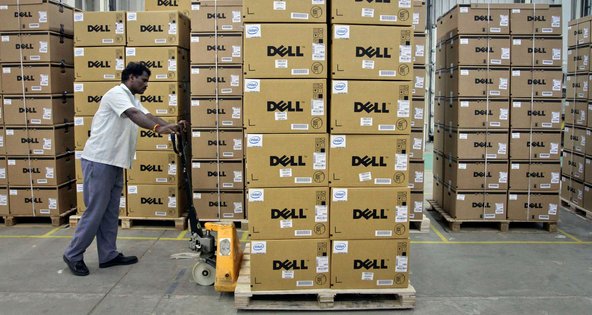Holders of Nordstrom’s store credit card can once again monitor their accounts using Mint.com, the online money management site.
Late last year, Nordstrom angered some cardholders by terminating access to their accounts from Mint, which allows users to track multiple financial accounts, including bank and credit card accounts, in one place. Users register at Mint and enter account information and passwords, so the program can obtain the information electronically and aggregate it. (Mint.com was acquired by the financial software company Intuit in 2009.)
At the time it terminated access, Nordstrom told customers it was exploring “a variety of options” for online financial management services. The store’s cards are issued by its own Nordstrom bank.
Last week, Nordstrom notified customers that it had reinstated access to its accounts for Mint as well as Quicken, also owned by Intuit, and the bill payment app Pageonce, a Nordstrom spokeswoman, Tara Darrow, said in an e-mail.
“When we made the decision back in November, we heard from customers that they really value these services,” she said. “While our decision may have made sense from a business perspective, we missed the mark on meeting their needs.”
She said Nordstrom customers would have the same experience they had before the service interruption.
There is still no change, however, in access by Mint.com to store cards issued by GE Capital’s retail bank, including Amazon.com, Brooks Brothers and Gap. A GE Capital spokeswoman previously cited security concerns. “We are continuing to work together with Mint to resolve with the goal of making this accessible for cardholders,” Dori Abel, the spokeswoman, said in an e-mail.
Mint, which has about 10 million users, says it uses bank-level security. Also, users can only view and sort information about their accounts. They can’t move money in or out of accounts via Mint.
Have you encountered problems accessing your account information by Mint or other online sites?
Article source: http://bucks.blogs.nytimes.com/2013/02/27/nordstrom-opens-its-cards-to-mint-and-others/?partner=rss&emc=rss
